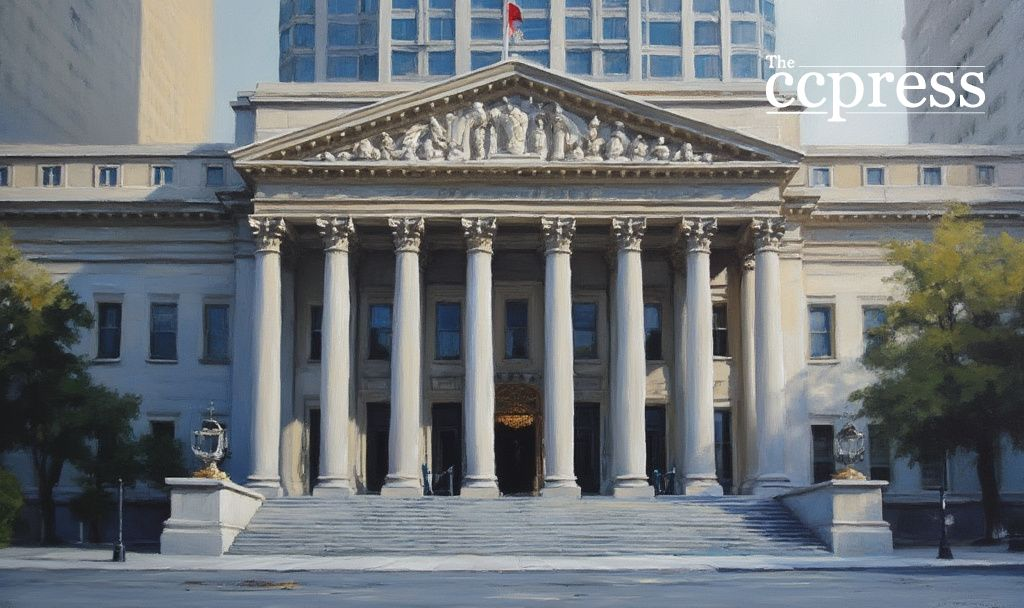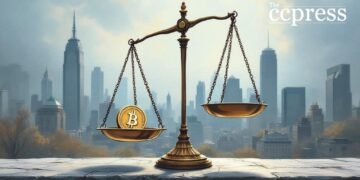- U.S. court blocks Trump’s tariffs, affecting market stability and trade policies.
- Congress’s trade authority reinforced by the court’s decision.
- Markets respond with relief over the tariff halt’s implications.

The ruling impacts U.S. businesses and global trade, underscoring Congress’s trade authority.
The U.S. Court of International Trade ruled against Trump’s broad tariffs, citing the president exceeded authority under the International Emergency Economic Powers Act. This decision eliminates most tariffs imposed since his tenure’s start, affecting global trade practices.
The court’s ruling arose from a legal challenge led by the Liberty Justice Center. The lawsuit argued against tariffs that affected small businesses, marking a rare pushback against presidential economic powers. Tariffs had significant market impacts globally.
The halt on tariffs could stabilize global markets, removing previous uncertainties. Businesses importing from tariff-targeted countries may find financial relief as supply chains adjust post-ruling. Consumer prices might also decrease, influencing economic behaviors positively.
This decision underscores the constitutional mandate for Congress to govern international commerce. President’s reliance on emergency economic authority is scrutinized, altering future tariff impositions. Legal precedents emphasize Congress’s role in trade regulation.
Further courtroom battles expected as the Trump administration considers appeals. The legal landscape for presidential trade powers remains contentious, signaling future policy debates. Tariffs and their economic impacts are under comprehensive legal review.
Experts anticipate potential shifts in U.S. trade dynamics and global regulatory practices. Historical trade deficit trends are scrutinized against emergency powers, challenging executive authority. The court decision sets a legal precedent for future trade policy strategies.
“The Worldwide and Retaliatory Tariff Orders exceed any authority granted to the President by IEEPA to regulate importation by means of tariffs.” — Judge Thomas J. Aquilino Jr., U.S. Court of International Trade
| Disclaimer: The content on The CCPress is provided for informational purposes only and should not be considered financial or investment advice. Cryptocurrency investments carry inherent risks. Please consult a qualified financial advisor before making any investment decisions. |


























